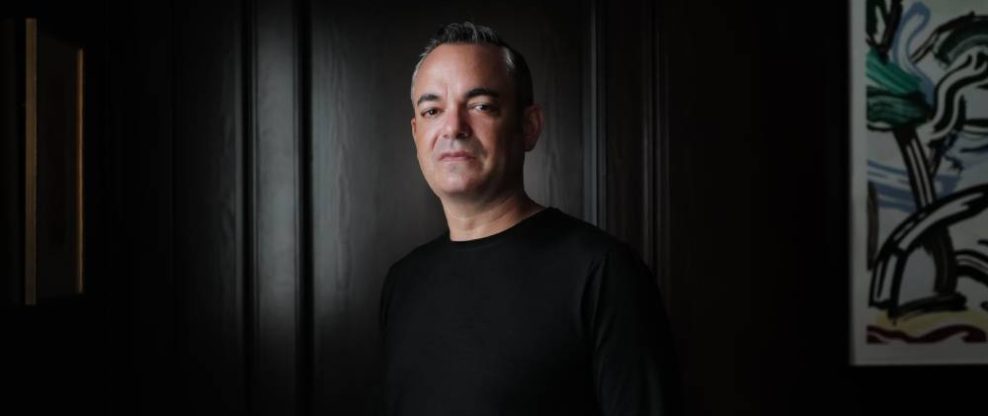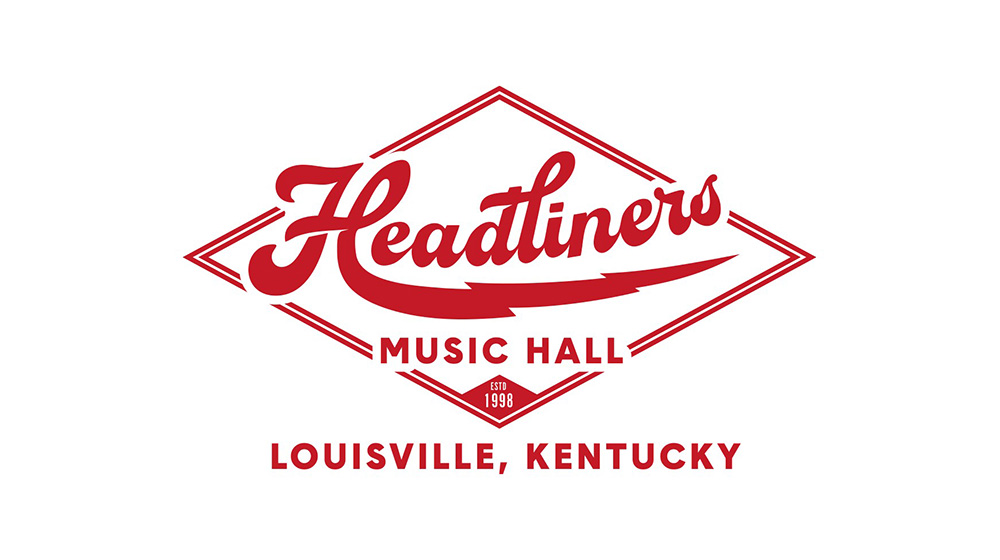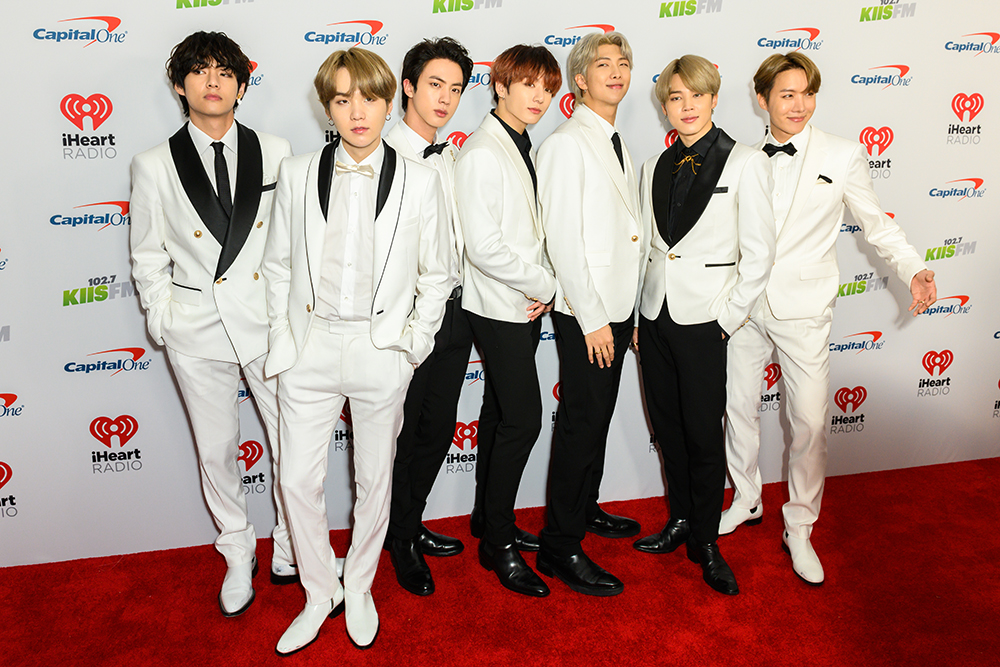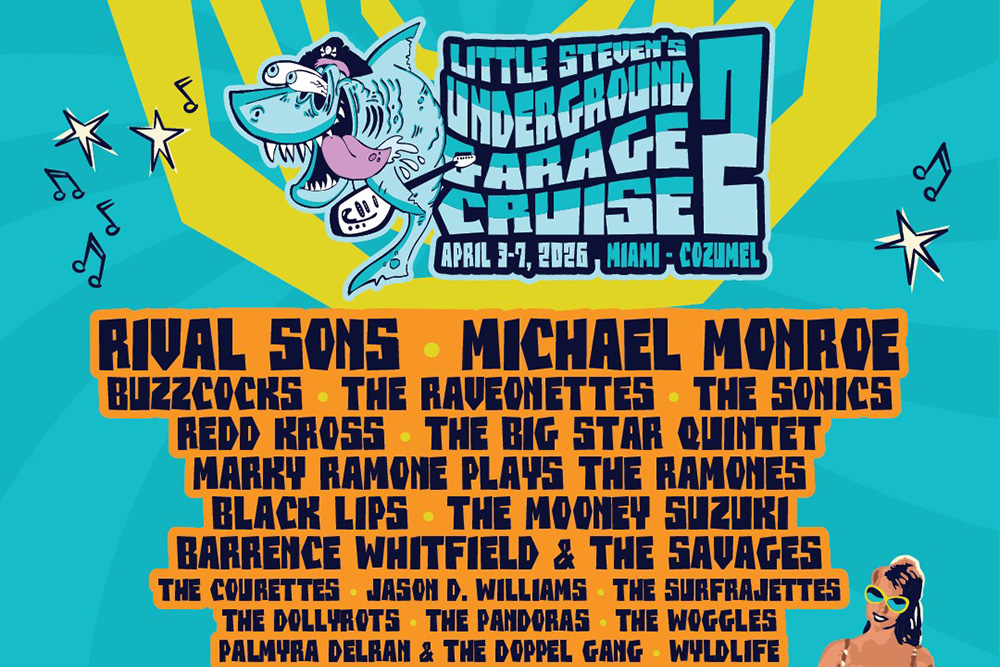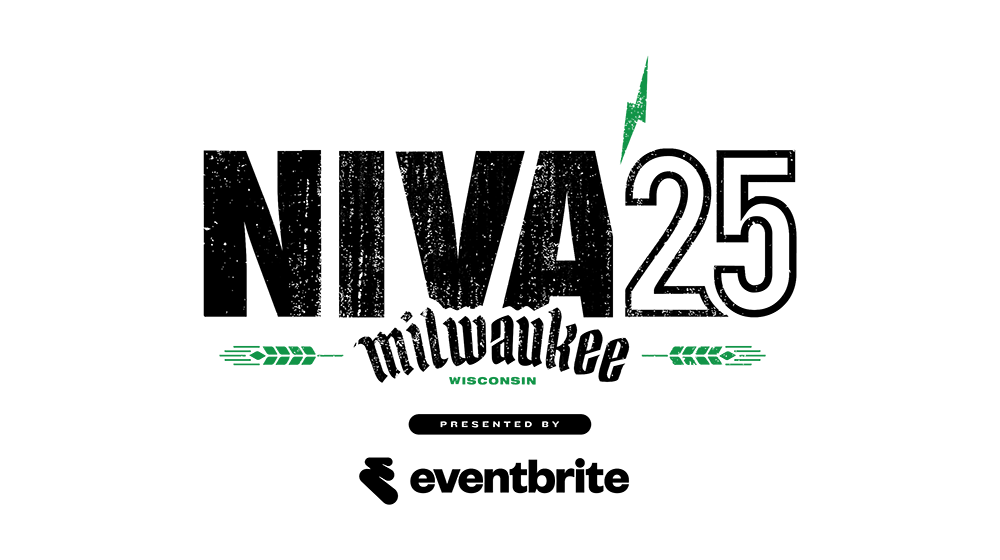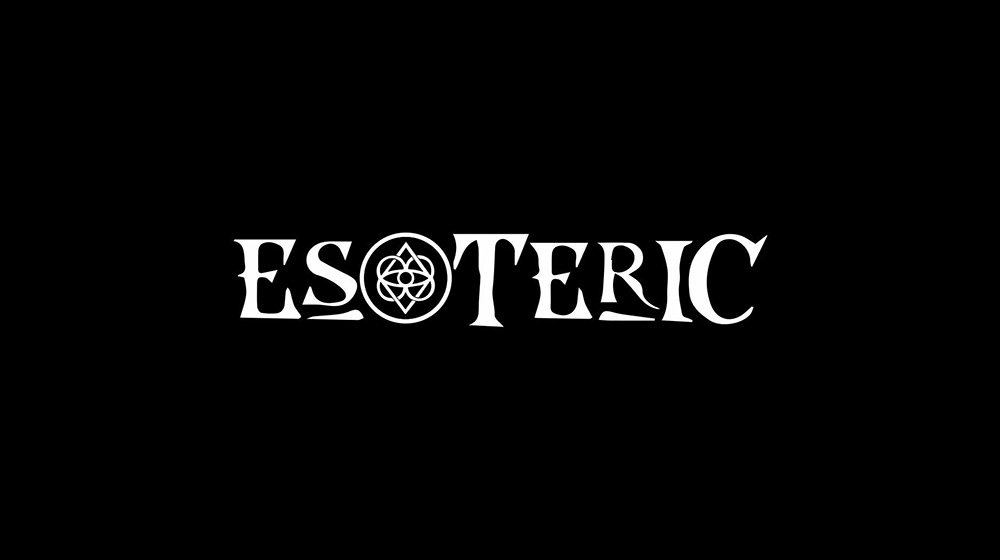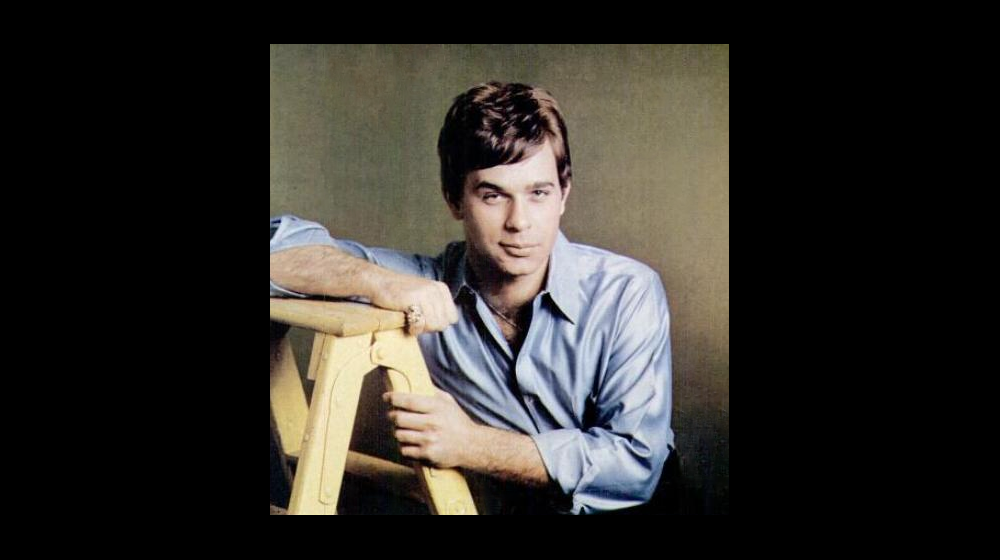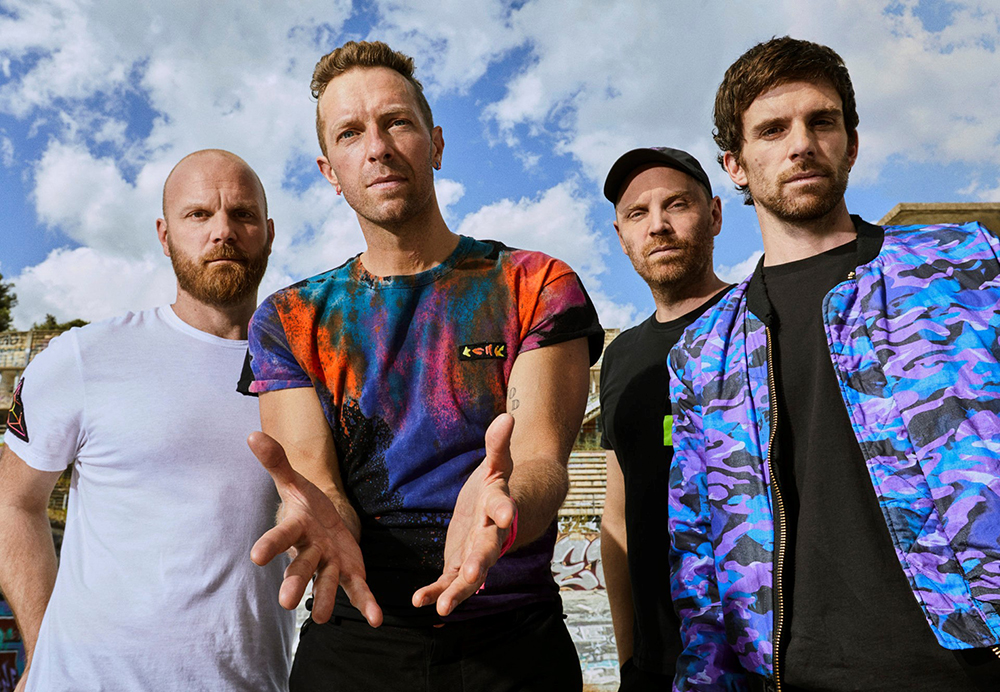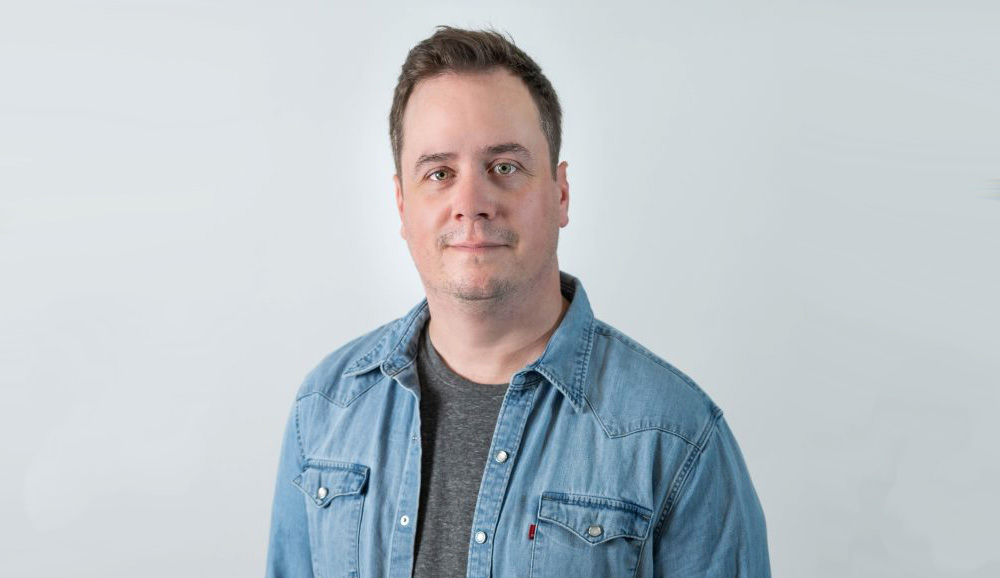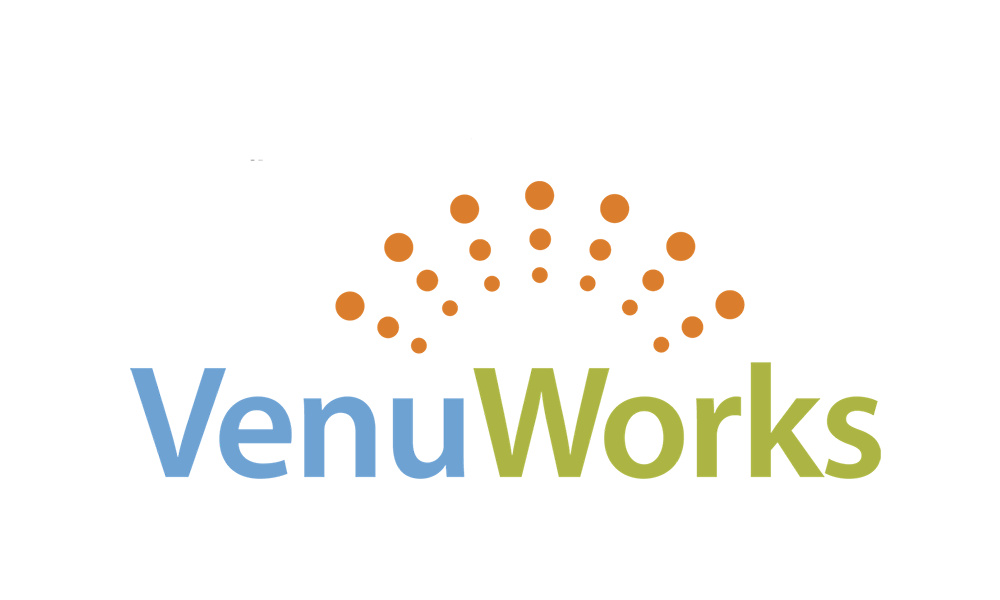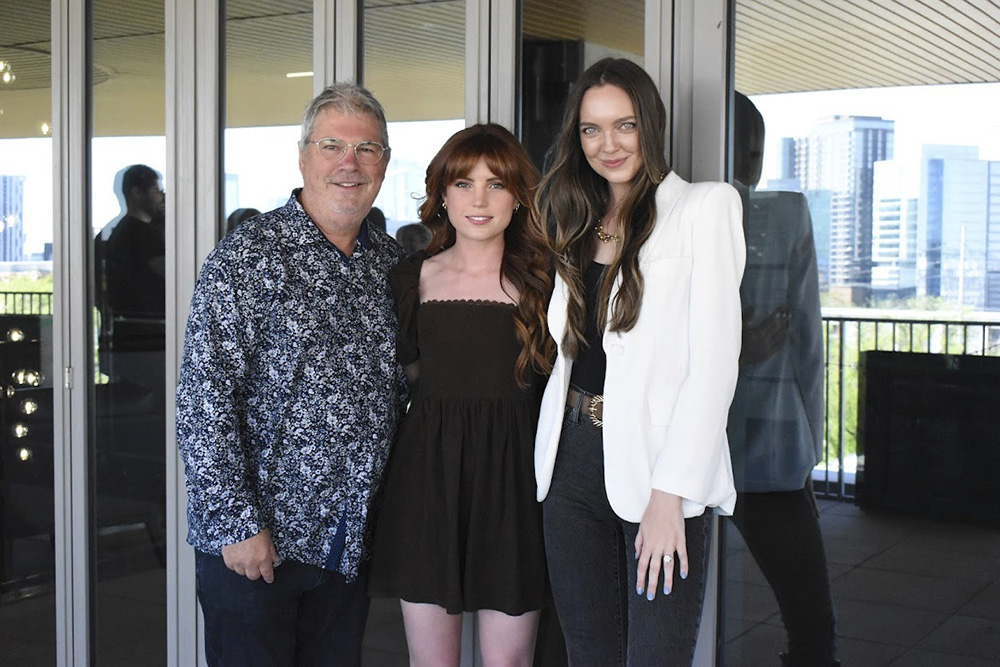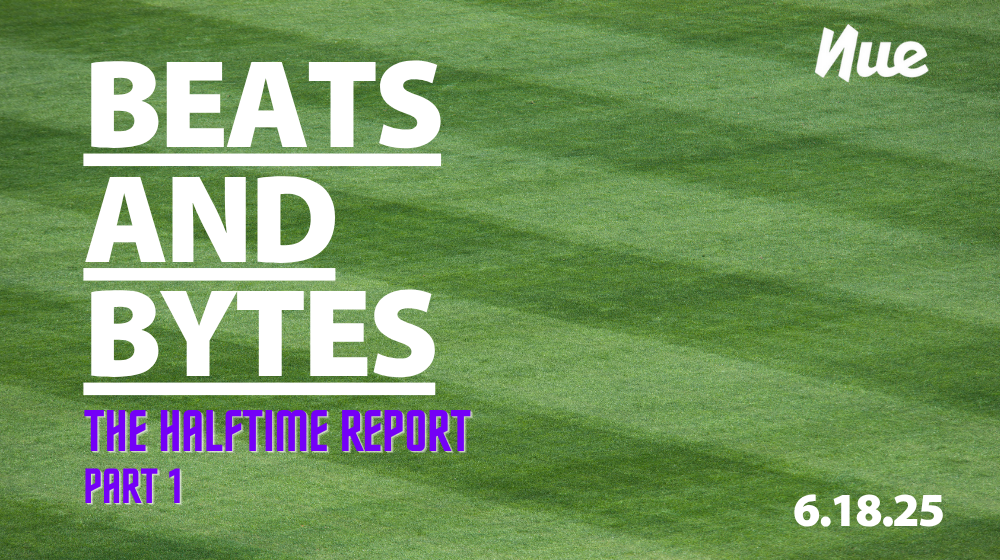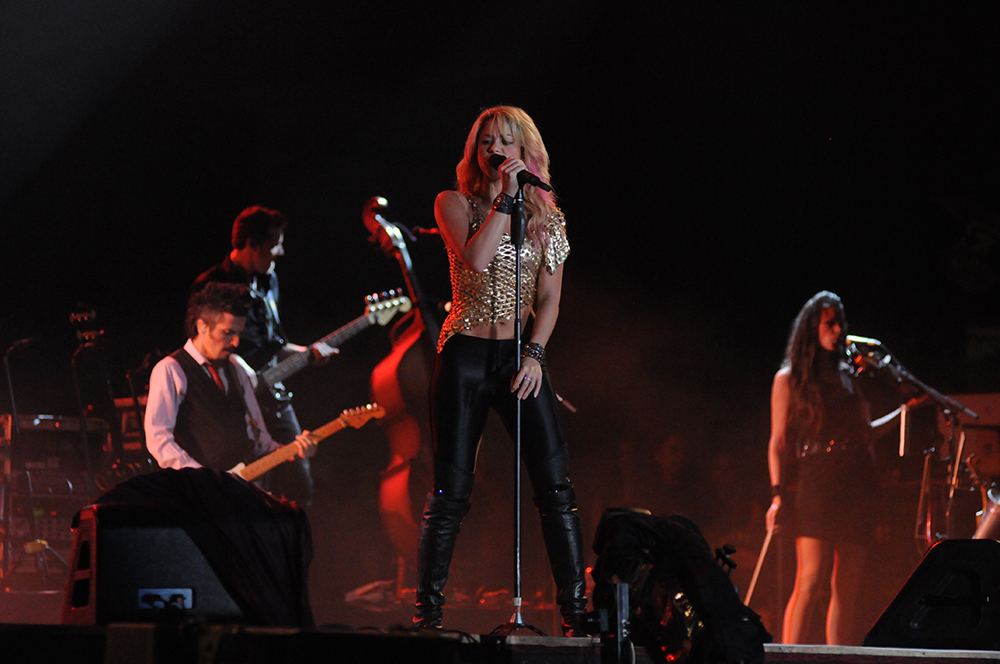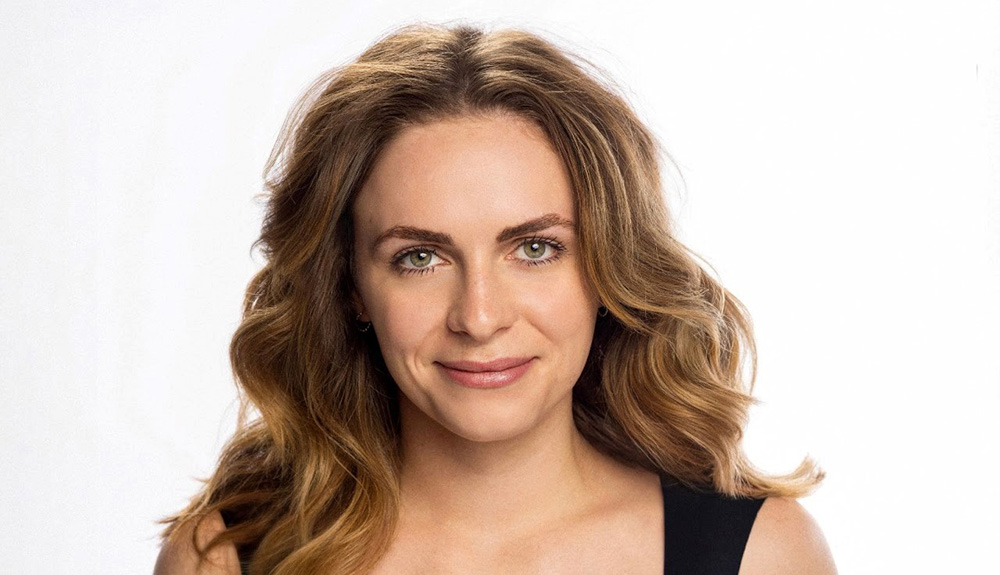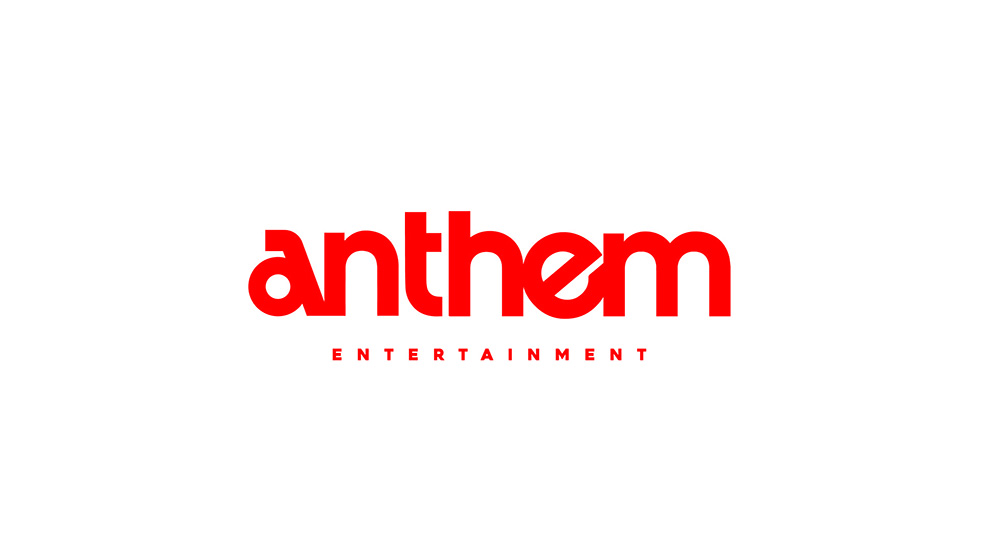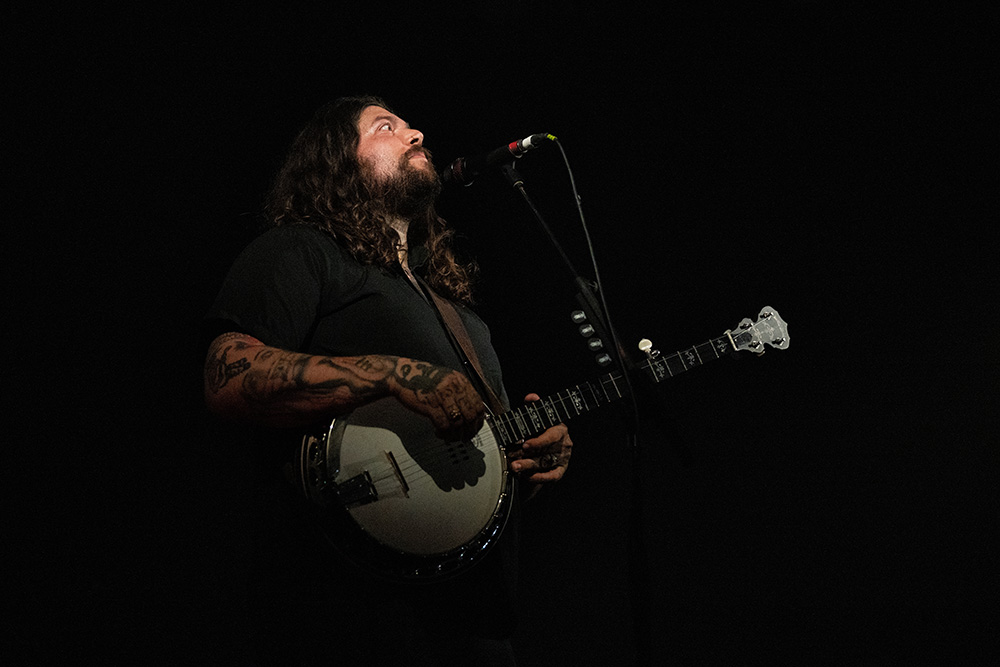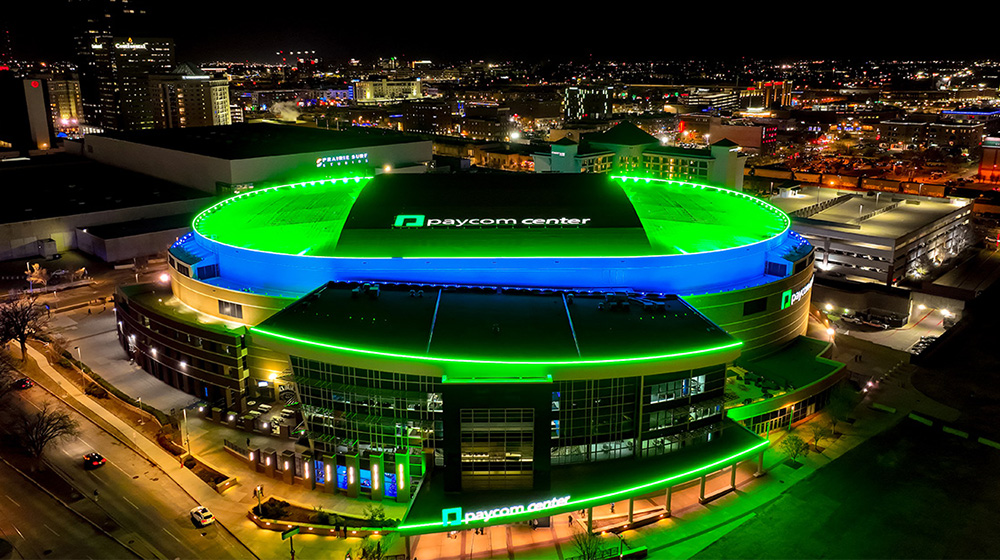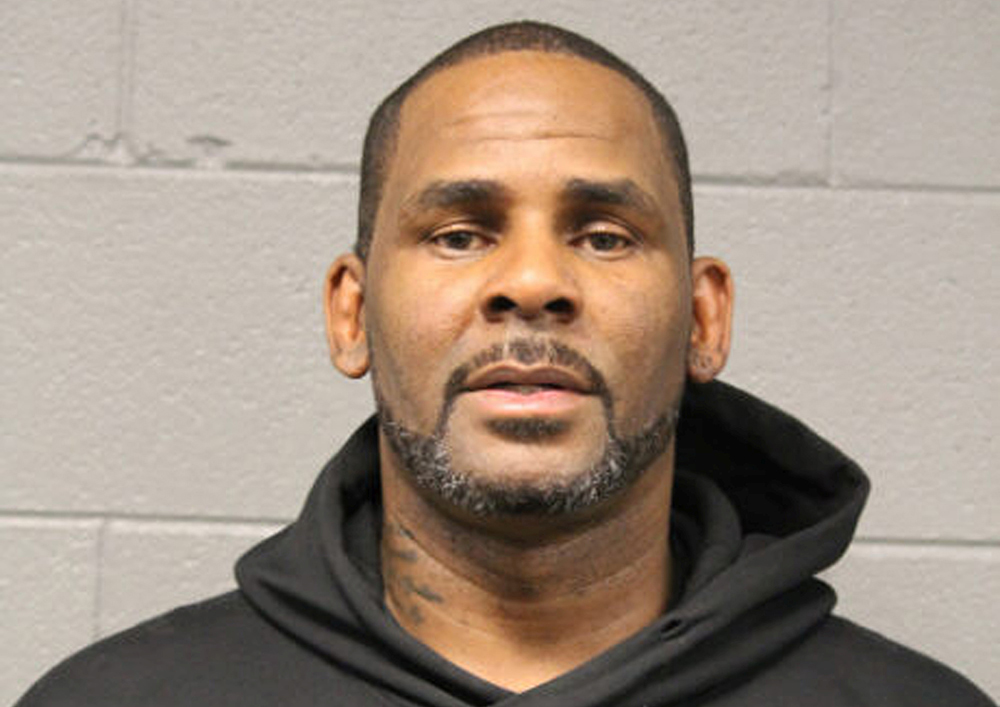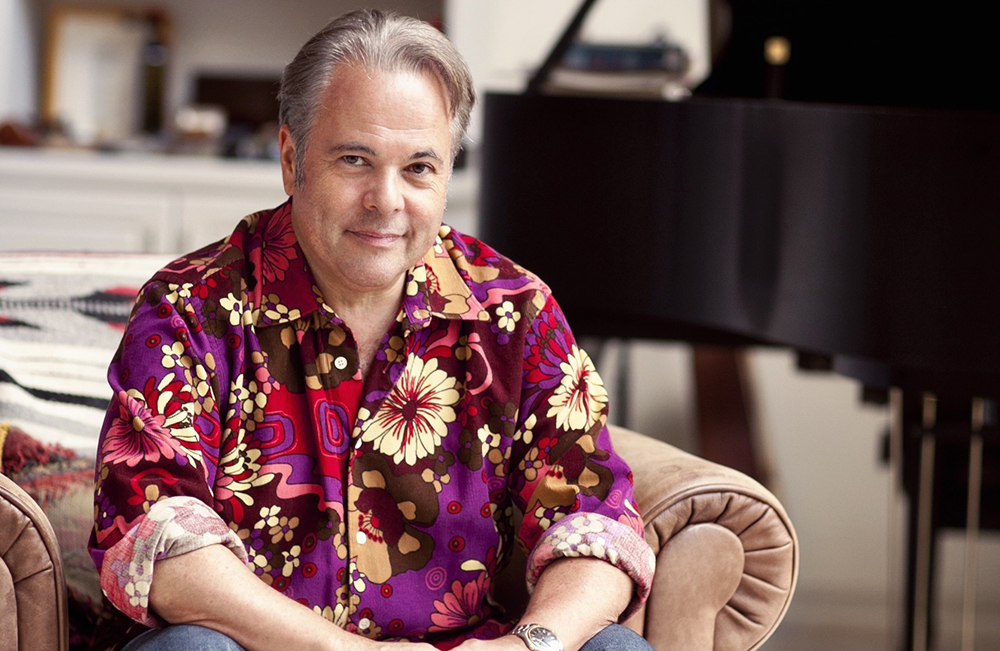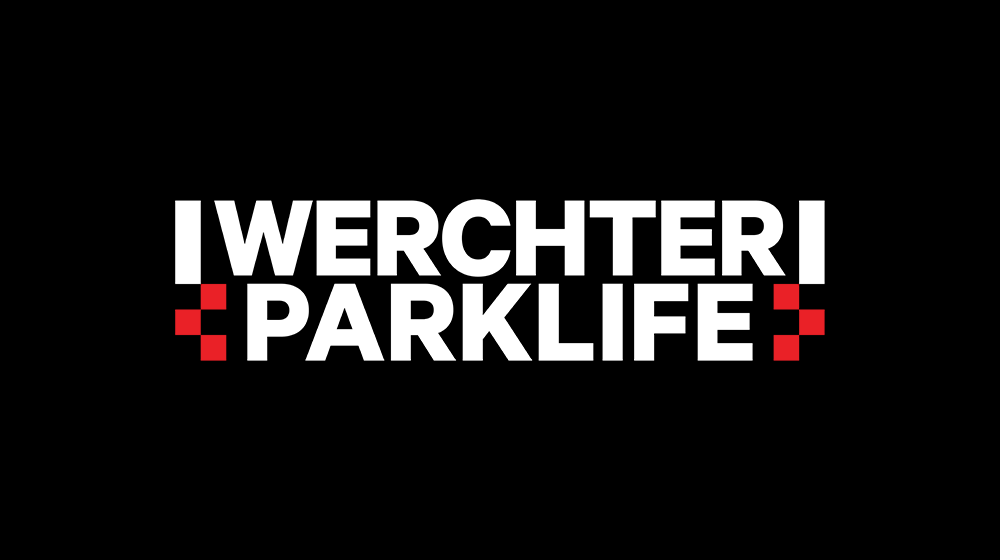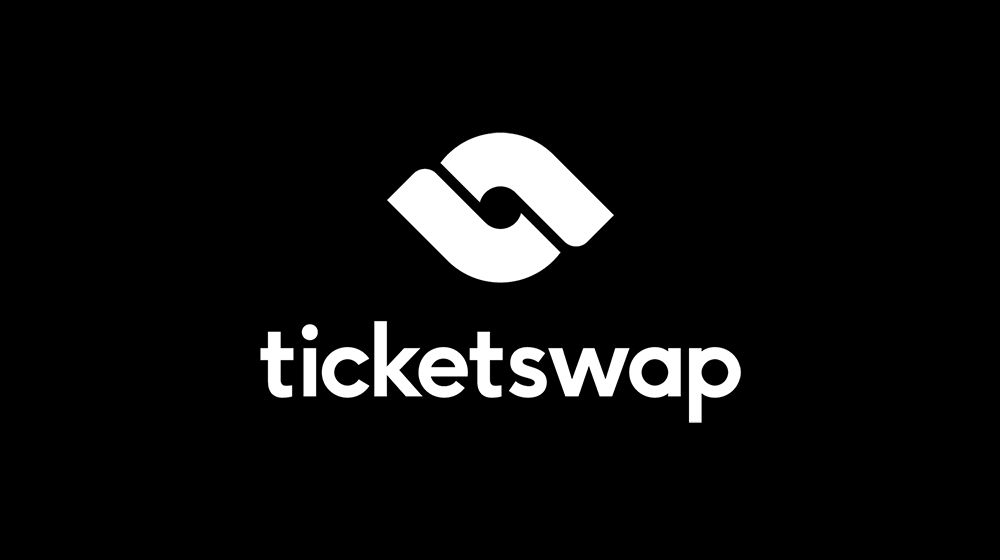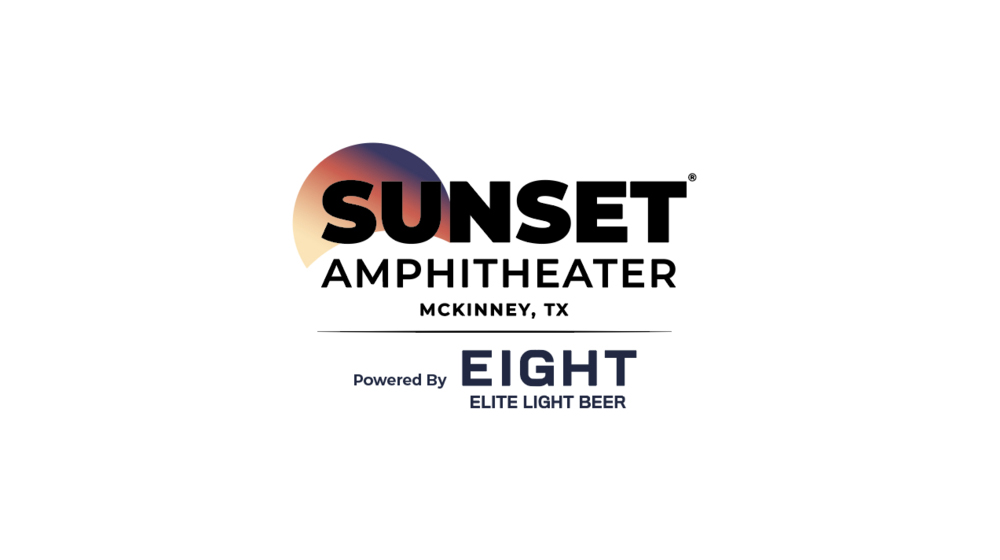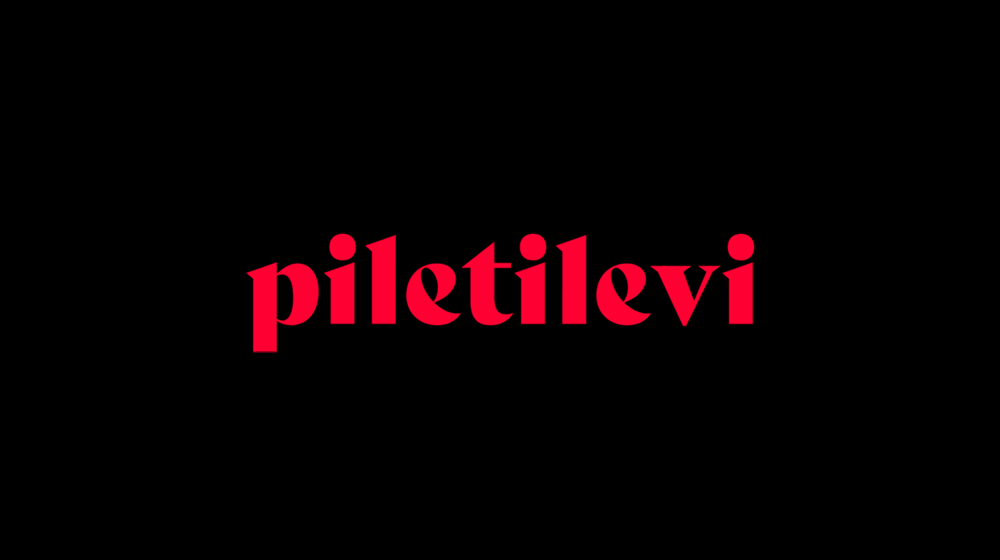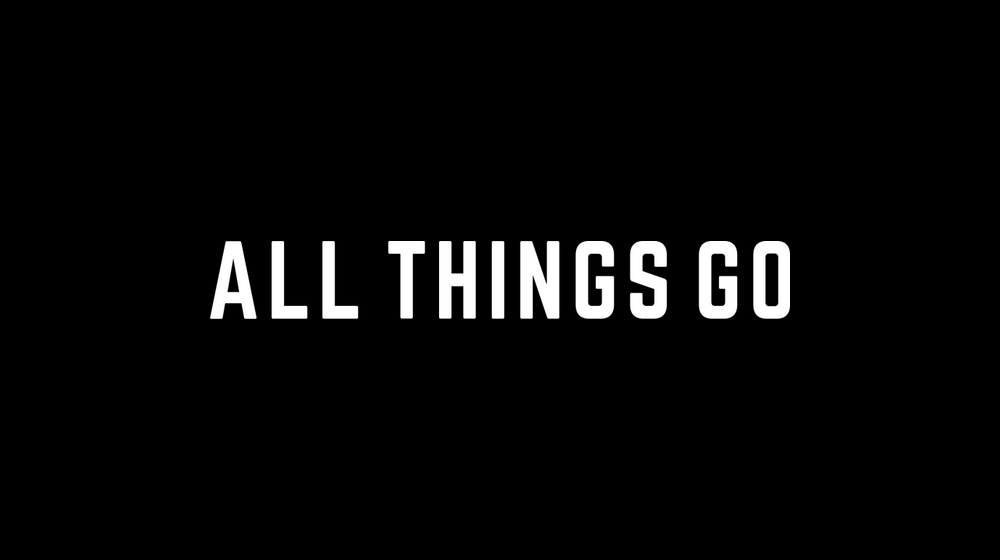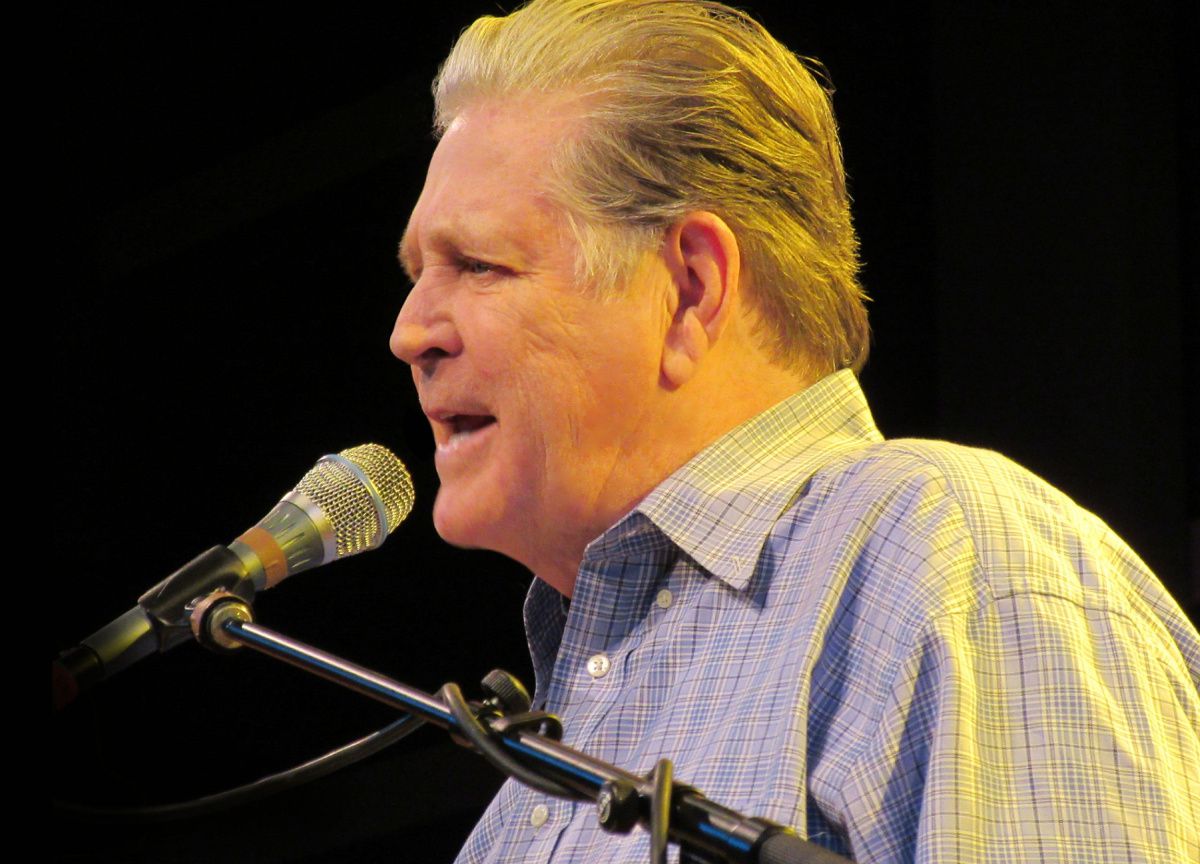LOS ANGELES (CelebrityAccess) – Kirk Sommer is a major force in the music industry. He is the Global Co-Head of Music and a Senior Partner at WME. Starting as a trainee in the agency’s mailroom in 2000, he worked his way up, earning his leadership position in 2015.
Known for shaping the careers of major artists, Sommer represents some of the biggest names in music, including Adele, The Killers, Billie Eilish, Arctic Monkeys, and Hozier. His expertise in live music and artist development has played a major role in helping these acts achieve global success.
Beyond his work in entertainment, Sommer is also involved in philanthropy, especially supporting children’s charities. He balances his high-profile career with family life and is recognized as one of the most influential people in the business. He has been featured on industry power lists like Billboard’s Power 100 and Variety’s 500 Most Influential People in Entertainment.
I had the opportunity and absolute pleasure of speaking to this powerhouse about where he came from, the present, and where he believes the industry is going.
Can you describe your journey into the music industry and what led you to become a Senior Partner and Global Co-Head of Music at WME?
First, let me thank you for the invitation. I read your articles often. As a kid, I always loved music and played instruments but didn’t practice enough due to other interests. I played competitive team sports, did minor construction in tenements, washed cars, cleared snow, raked leaves, and did other things when I wasn’t practicing. I have a mild form of synesthesia and have been drawn to sounds and great songs for as long as I can remember.
While at New York University (NYU), I organized and promoted events around Manhattan, everything from poetry nights scaled up to talent in large ballrooms. I briefly interned at Delsener Slater before flying to Los Angeles for agency interviews in 2000. I chose William Morris and said I would start Monday. I still have the plane ticket. I didn’t have a car or an apartment. Benjamin Scales offered me an opportunity as a “trainee” in the mailroom for $300 a week. Much like my internship in Delsener’s office, my stint in the mailroom was brief.
Benjamin told me not to get caught up in the BS, and I listened to him. There wasn’t OT; it was ATT. The illustrious worldwide Head of Music Peter Grosslight promoted me to agent in 2003, and the stars aligned. I received a package from the future that said If you like me, call me. I pounded the phones on first listen and signed The Killers. I then signed artists like Paolo Nutini, Amy Winehouse and Adele. Then some already established artists called. I kept my head down and put the work in. I always put the same level of effort into my colleagues’ work that I also hoped to receive in return.
Marc Geiger was the worldwide Head of Music after Peter. Marc is authentic, an incredible mentor to many, and never idle, always offering a north star, values-based vision and opening doors, literally and physically. I remember our first trip to London, and we hit the ground running. It was completely insane, but now I get it. My last trip to London was just like my first, but it also included a staggering number of large-scale shows. I was amazed at how many large-scale live events were happening in one city all at once.
I was made a partner when William Morris merged with Endeavor in 2009, and the department grew significantly. I was then made Global Co-Head with Sara Newkirk. Sara is a unicorn – very sharp, strategic, and another big-picture thinker. I am beyond grateful to be able to continue to work with them in different capacities. Lucy Dickins left ITB and joined our London office in or around May of 2019. Around the same time the following year, we evacuated the offices to quarantine and have worked together ever since. It’s been a lot of late nights and early mornings, but it works. We share the same vision for building careers internally and externally.
What key moments in your career shaped your approach to artist representation?
The truth is 25 years of experience and luck. I believe I grew the most by grinding it out with some of my first clients from the club level all the way up to stadiums without skipping steps or taking easy money, and it has helped shape a lot of what I do. I often think about things in reverse. What is the goal? What could go wrong? You must learn who an artist is and decide on short and long-term goals. Honesty is always the best policy, and the sooner you address a situation or share an opinion, the better the outcome. That is not always the easiest thing to do as a young agent. You must work as hard and educate yourself as much as you possibly can to command respect from people who have trusted you to steward their careers. There is always a solution; sometimes, you just have to work harder to find it. Never compromise a foundation, don’t take anything for granted, and always make an impression when you have momentum.
How has the live music industry changed in recent years, and how have you adapted to these shifts?
The industry is always evolving. Ticketing remains archaic, aside from some artists pricing closer to market. The average gross ticket price is currently at an all-time high. It will be interesting to see what YouTube, Spotify, Amazon, TikTok, SoundCloud, Starlink, and others do. The relentless pace of modernity, globalization, pricing, and infrastructural development, coupled with the cultural reawakening prioritizing human connection and community post-pandemic, bodes well for experiential. We have experienced unprecedented growth year over year, and we expect these trends to continue. Obviously, nothing can go on forever, but we can go wider and drill deeper. We expect to see more monetization of the super fan. I am unsure how tiered streaming services will impact ticket inventory and its economics. We make our best educated decisions based on data, tools, behaviors, and instincts with whatever larger goal we have in mind. I think it’s unnecessary to need dozens of subscriptions for streaming; it will be interesting to see who wins the day with content in one place and if they do the right thing by compensating creators fairly and giving them the data that is THEIRS. I’m not into people selling lists or shoving content down peoples’ throats. The best relationship is an authentic and organic relationship.
You’ve worked with a wide range of artists—from emerging talent to global superstars. What’s your approach to developing an artist’s live career from the ground up?
You must always play long ball and take nothing, and as I said earlier – you can’t take anything for granted. Sometimes, you must capitalize on what I call opportunities you can’t refuse. You must think about each short-term decision through the prism of long-term vision. A lot of the decision-making becomes about saying no to the wrong things. I love working with great emerging talent just as much as I love working with some of the most established artists of our time. I see people and artists doing a lot of stupid things, like malpractice bad. These are people’s livelihoods and careers.
You mentioned the importance of long-term vision and avoiding the wrong opportunities. Can you share an example of a pivotal moment where saying no to something ultimately benefited an artist’s career in the long run?
It is very important to allow an artist the time to develop properly and avoid bad off-brand associations. Making or allowing artists to proceed with things they may regret is often wrong. Taking a big check and being advised to do too much too soon can be fatal.
What role do festivals and major tour events play in building an artist’s profile, and how do you strategize their involvement?
There are different considerations for playing at a festival. You have to think about each opportunity in a global context and how the decisions you make impact what you are trying to achieve. I’ve been a strong proponent of festivals for the right artists at the right time and in the right position. We were the first agency to create a global festival department. I am very proud of the team and the work that they do. The level of real-time intelligence, teamwork, and number of opportunities is astounding. It sounds ridiculous, but the proof is in the posters everyone fights over. We work with a majority of global headliners and sub-headliners, so that helps everyone. We are already talking about 2027 and beyond.
How do you balance the business side of your role by maintaining close relationships with the artists you represent?
I haven’t really thought about it. I do think about how unbelievably fortunate I am to have clients, colleagues and partners that are real friends. I still refuse to get caught up in the BS. I don’t sleep. When I sleep, I wake up thinking about everything that needs to be put in a place. People have told me I’m the last person they hear from at night and the first person they hear from in the morning. I spend the majority of my time on the East Coast now and get irritated when people in London aren’t ready to go.
Can you share some insights on how WME navigates the growing digital landscape, particularly with the rise of streaming and virtual events?
There is no real barrier to entry. Globalization and tech are accelerating at a rapid pace. The rise of user-generated content has become a potent force for marketing and igniting consumption. We have influencer networks and some powerful streaming TV opportunities with audiences that significantly exceed the largest traditional linear TV audiences, and ABBA Voyage is great. Thankfully, we have expertise in these areas. I wish we had dozens of ABBA voyages. We are trying some things; we will get there.
What advice would you give young agents or industry professionals looking to make their mark in the music business?
Always be respectful and honest; confidence and trust are hard to regain once lost. Be curious; stay curious. Learn or meet someone new each day and take advantage of every opportunity. Everything comes from somewhere or someone. If you are not early, you’re late. Take meetings. Don’t rely on email.
How do you foresee the future of live touring and concerts in the wake of changes like AI, VR, and other technological advancements?
It’s very exciting. I have seen some mind-blowing technology that will only get better over time; nothing is shocking to me anymore. So many things will be much more efficient, and some artists’ palettes and audience experiences will expand. I look forward to getting ahead of it, but in my opinion, sometimes things are truly best in their natural state—presented purely the way they are without any dressing.
Are there any success stories or standout moments with your clients that you’re especially proud of?
I am very grateful to have had many standout moments. I have been extremely lucky. Working with artists without recording contracts to diamond-selling albums, Grammy hauls, Oscar wins, sold-out tours, and performances worldwide. Truthfully, the standout moments are the value or ideas you bring to the table and what you advocate for. It can get really uncomfortable, but I can’t just do this to protect myself. In other words, sometimes agents just do things that are safe, and sometimes they allow things to happen that are completely reckless. I’m especially proud when the team does something great or takes a stand against something that is completely wrong. I don’t think a lot of people out there know the difference between right and wrong. I’m not even sure if they know what they are looking at. They learn the hard way unless they get incredibly lucky.
What’s the biggest challenge you face in representing artists at such a high level, and how do you overcome it?
I overthink decisions and each possible outcome. I try my best to make sure the artists and artist teams know exactly what situations they are stepping into. I also don’t like to get pushed around. It’s nice to have a mutual understanding with good people with whom you can work things out. Sometimes, a deal is only as good as the relationship. I think it’s especially important that people remember they are representing the artist.
With a demanding career like yours, what keeps you motivated and passionate about the music industry?
Discovering a great voice or song, witnessing a great performance, and working with great teams around great talent is extremely rewarding. Nurturing other agents and building careers is extremely rewarding. I love it when a plan comes together. My department has approximately 300 people in 6 cities. We have an incredible team.
Speaking of teams, there have been many changes at WME in recent months. Endeavor Group Holdings, the company behind WME, completed its acquisition with a group of investors led by the private equity giant Silver Lake.
WME will now be known as WME Group, with Mark Shapiro being named President and Managing Partner. Ari Emanuel has been appointed Executive Chairman, and Patrick Whitesell is the CEO and Founder of a new platform in partnership with Silver Lake, focusing on sports, media, IP and entertainment properties.
How will the transition from Endeavor to WME Group influence the way you represent your artists, and what changes can clients expect from this restructuring?
There has been no shortage of coverage in the media, but not much has changed in our representation business. The clients have and will always come first. We are still WME; if anything, we acquired some new colleagues from other EDR companies that are now part of WME to help drive results.
With Silver Lake’s acquisition, what is WME Group’s vision for the next five years, and how does it align with the evolving landscape of the music industry?
Silver Lake’s track record speaks for itself. They have invested in companies where they see large opportunities and other entertainment and sports areas. They are certainly ambitious and want to continue growing the core business, which aligns precisely with our strategy and client offerings.
Are there any immediate operational changes planned within WME Group that aim to enhance client services or expand into new markets?
We have the support to go wider and drill deeper. I’m very interested in both.
In what ways do you anticipate this acquisition positioning WME Group competitively against other major talent agencies in the industry?
There might only be one other major full-service agency. We have the capital and appetite to grow our resources and to better serve and support our client endeavors.
As a leader within WME Group, how has your role evolved with these recent changes, and what are your primary focuses moving forward?
The role hasn’t changed. We serve our clients. We are focused on going wider and deeper and leaning into tech to help us serve them best.
There were plenty of stops and starts when putting this profile together—life happens, and in my case, it was the loss of my father. But Sommer showed patience and kindness every step of the way.
No matter where he was in the world—and trust me, he was on the move—he always carved out time to review drafts and offer edits. It speaks volumes about the kind of professional he is and even more about who he is as a person. Sommer may not wear leather pants, but make no mistake—he’s a true rock star in this business.

